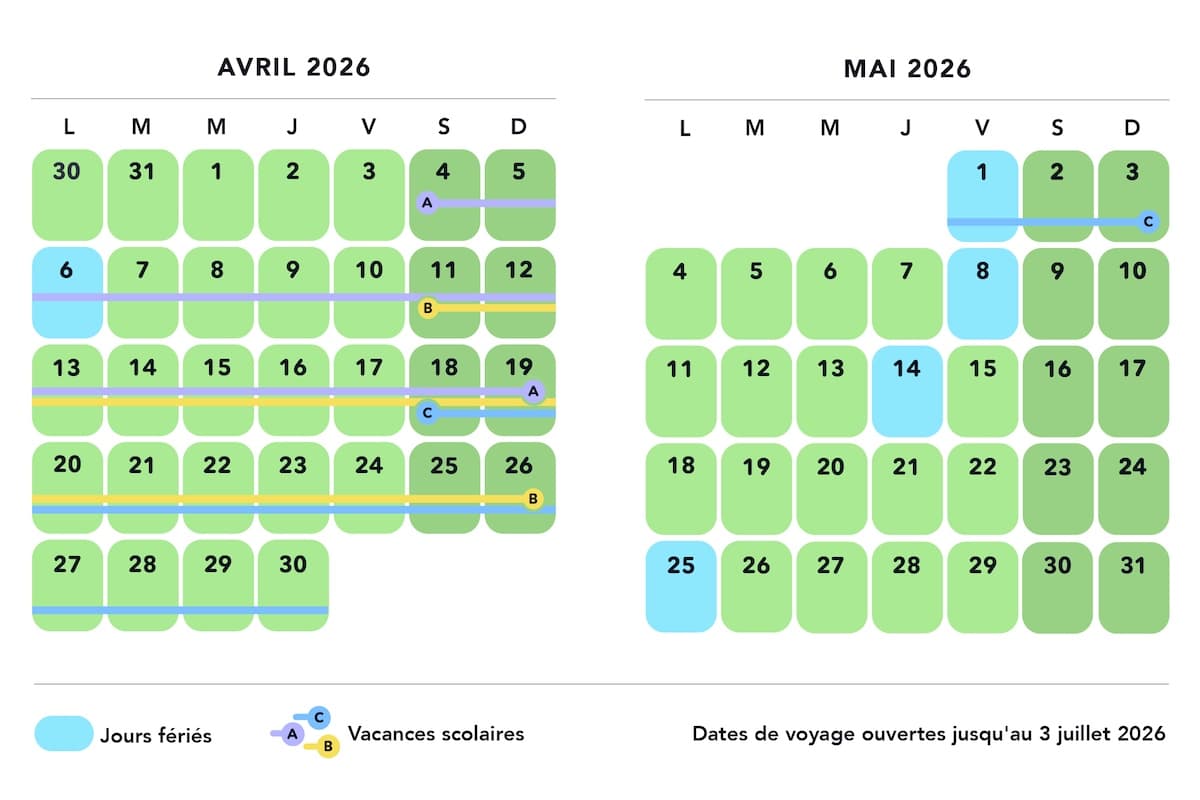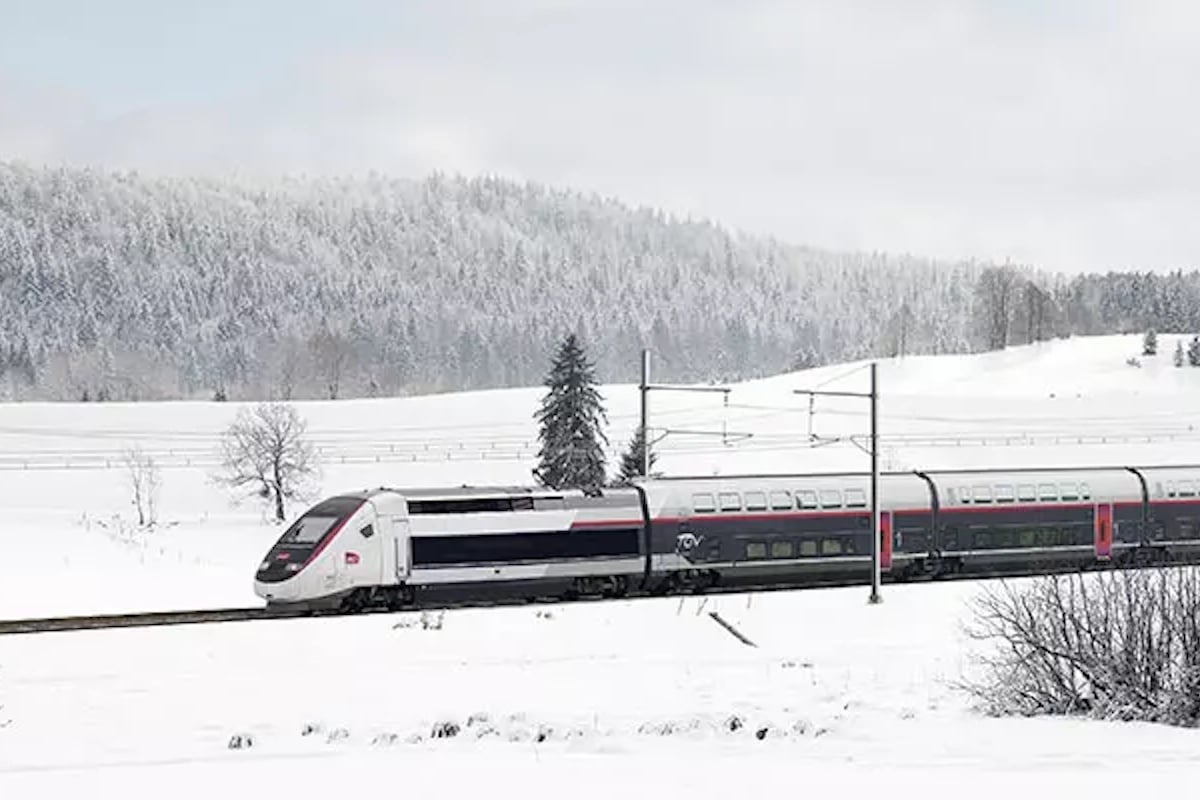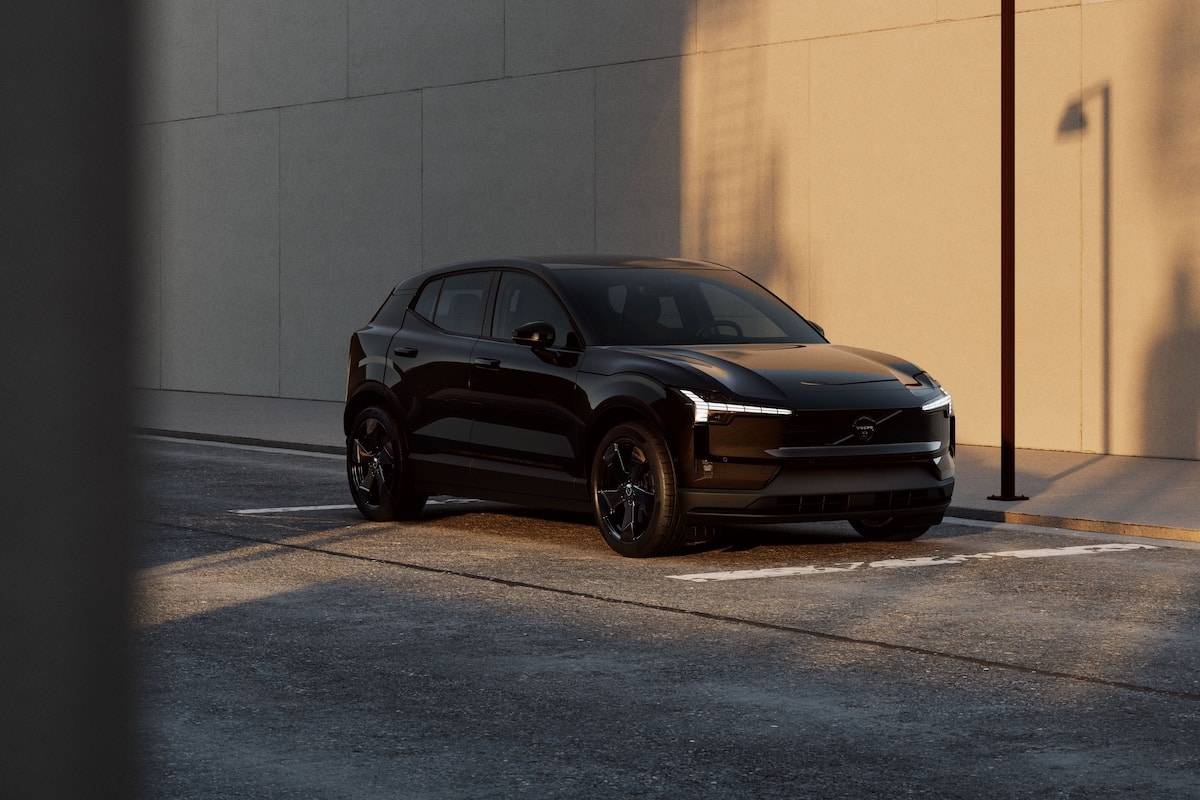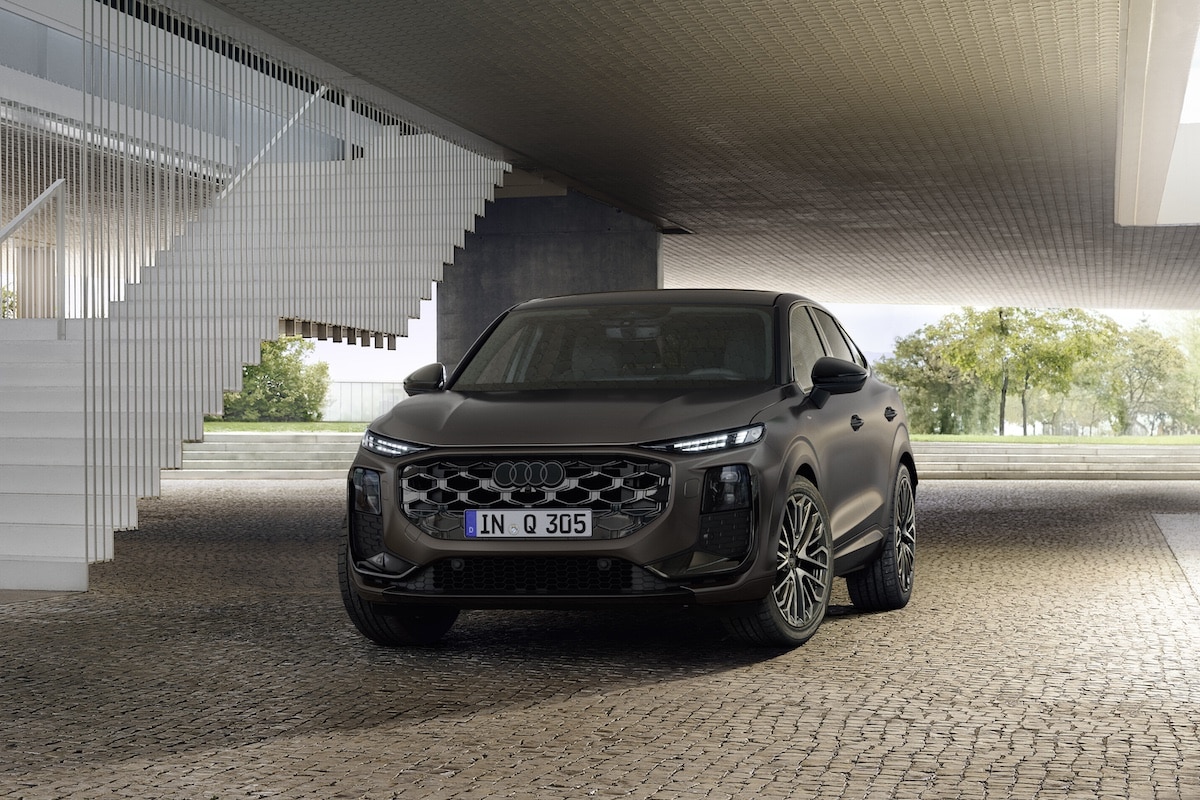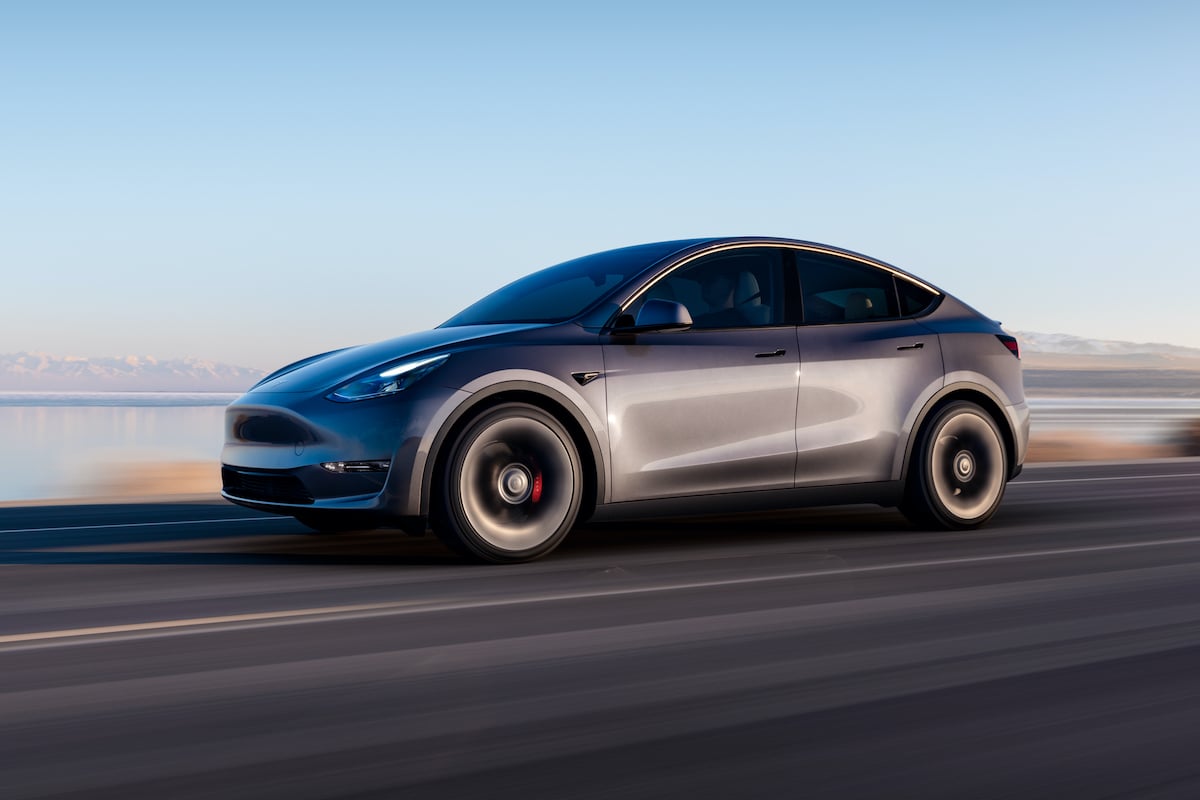“Why Is Train Travel Always More Expensive?” : An Eclectic but Informative Documentary
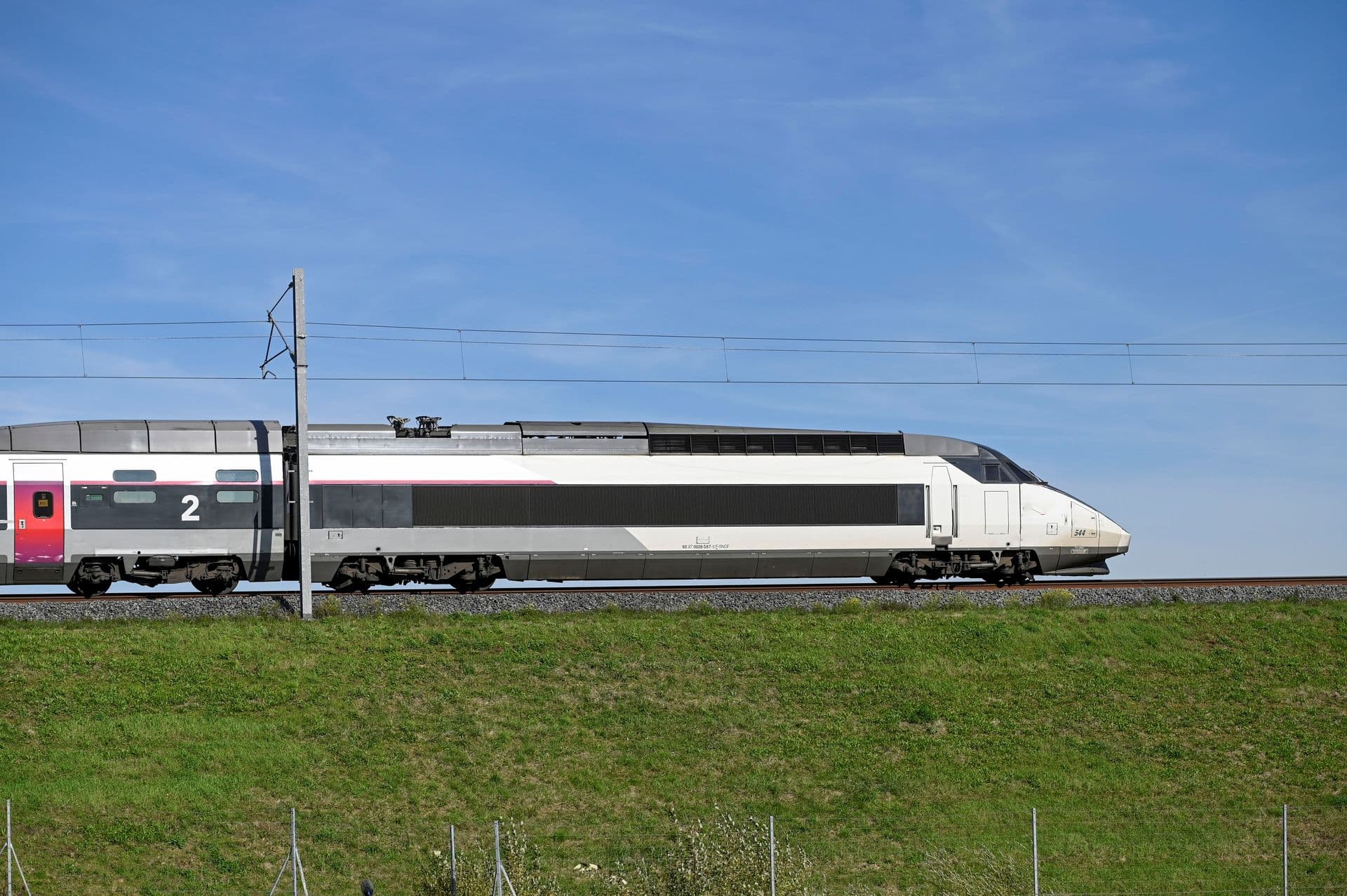
Aired on France 5, the video documentary series “On the Front” attempts to explain the cost of trains and infrastructure in France, while comparing it to air travel.
With a 5% increase in train tickets as of January 10, 2023, train passengers have good reason to ask “Why is the train always more expensive?”. The latest episode of France 5’s documentary series “On the Front,” hosted by Hugo Clément, begins with this recent news.
Expensive train fares, a story of taxes
The documentary begins by comparing train and plane costs. Three causes are identified, illustrated here with a Paris-Barcelona trip:
- The absence of VAT;
- Road tolls on the SNCF network of about €9.42 per km, compared to none for airplanes;
- A 20% tax on electricity for electric trains like TGV or TER, versus untaxed kerosene.
Consequently, some train routes are significantly more expensive than flying. For example, a family of two parents and two children spends €833 round-trip by train, versus €466 by plane.
The documentary then explores various directions, especially related to ecology, addressing the journalist: absurd airport expansions, deserted regional lines, and medium-distance routes like Clermont-Ferrand – Saint-Étienne. Negative findings are balanced with the slow return of night trains or cooperatives reviving lines such as Raillcoop for Bordeaux-Lyon.
Introducing Hyperloop: The Big Flaw of the Documentary?
Hugo Clément also visits Hyperloop projects, a seemingly attractive solution on paper but with little future prospects. This idea was proposed by Elon Musk in California, not to compete with airplanes but… with the TGV project. A very fast transport (over 1,000 km/h), using capsules levitating through vacuum tubes, but requiring totally new infrastructure.
The Dutch official interviewed mentions “around €70” for Amsterdam-Berlin, cheaper and faster (55 min vs. 6 hours) by 2030. However, no operators or infrastructure yet exist, and local authorities would need to fund this Hyperloop network to complement train services.
Freight: Another Driver of Train Development
This is valuable money for trains that could be diverted from infrastructure investments to freight transport. Another topic covered in the documentary that doesn’t directly answer the initial question but provides useful information. Rail freight today accounts for only 10% of total freight, down from 30% in 1985, one of the lowest rates in Europe. The main competitor is not the airplane but trucks, which carry 85% of freight traffic.
Ignoring noise and pollution, trains suffer from underinvestment, with an estimated €100 billion needed over 15 years, according to SNCF CEO Jean-Pierre Farandou. Yet even with new investments, like the still-empty Paris station after five years, industries prefer road transport for its speed and flexibility.
Where to watch the documentary?
Already broadcast on France 5 on February 13, 2023, the documentary “Why is the train always more expensive?” is available on replay. You can find it on the official website, in the replay services of internet boxes, or on MyCanal under the sub-sections for channels, then France 5, and documentaries, or by searching for “On the Front”.
Also read: The first hydrogen train running in France
This page is translated from the original post "“Pourquoi le train est-il toujours plus cher ?” : un doc trop éclectique mais instructif" in French.
We also suggestthese articles:
Also read
